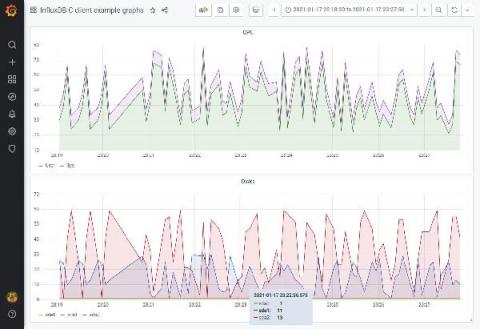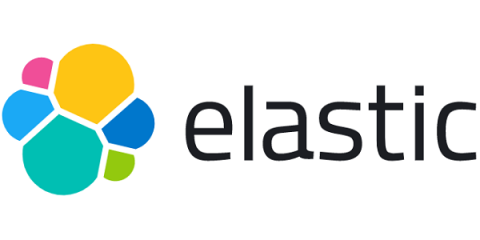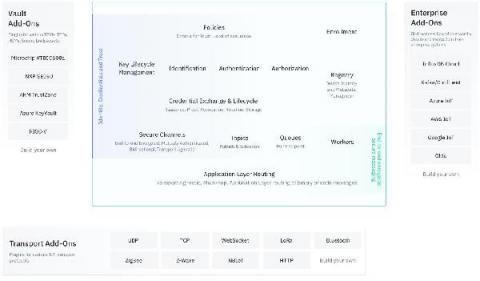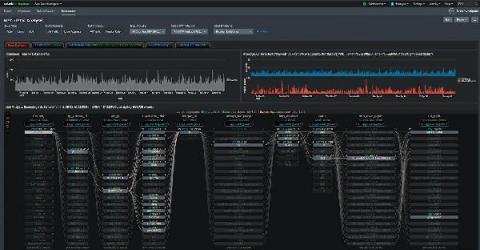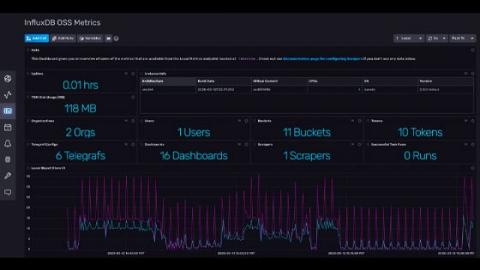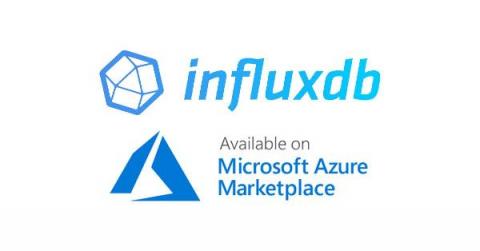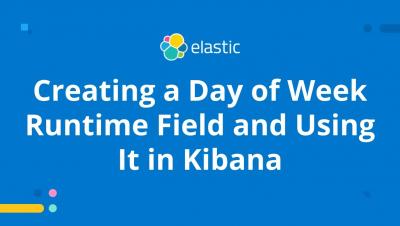Streamline project management with advanced analytics for Jira Software
Managing projects isn’t an easy task, particularly if you’re managing parallel projects with inter-team dependencies. Lack of visibility coupled with difficulty in obtaining the right metrics on time can make it nearly impossible for project teams to track issues, action items, and risks, often resulting in projects running behind schedule, overshooting budgets, or worse, getting stalled due to unforeseen problems.




